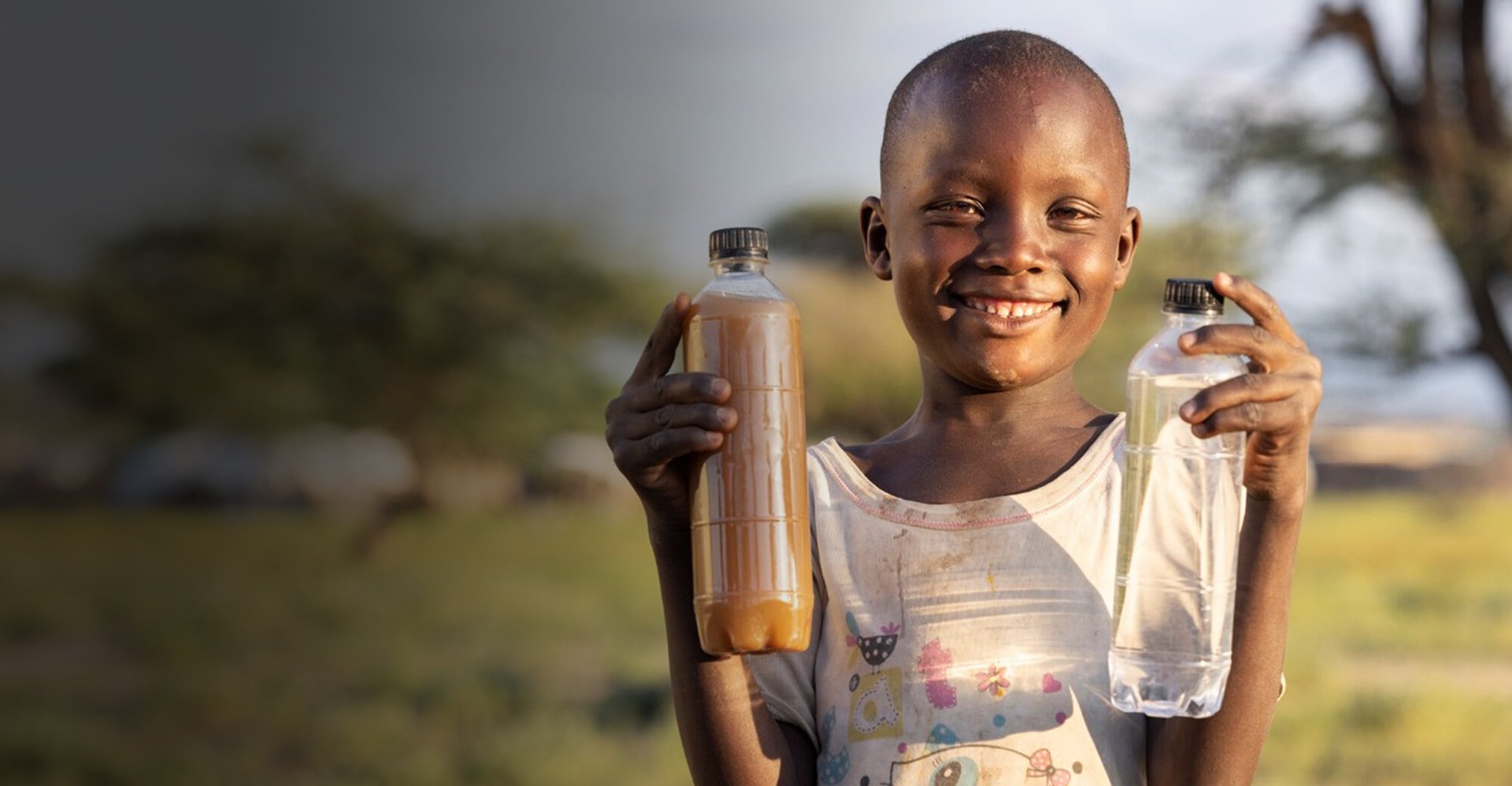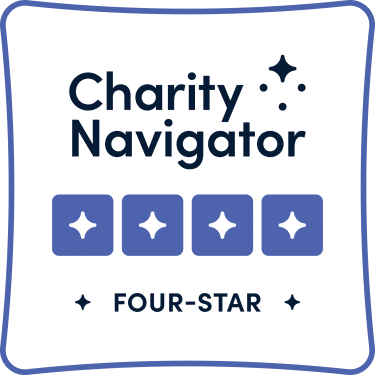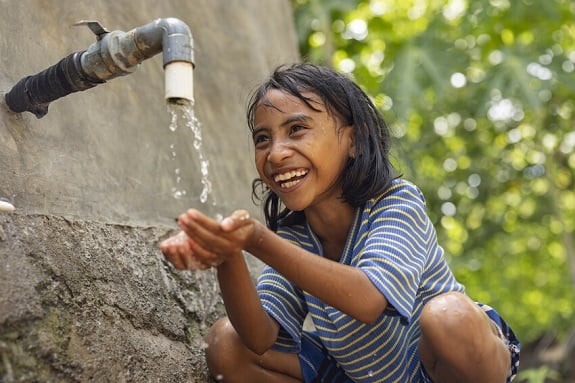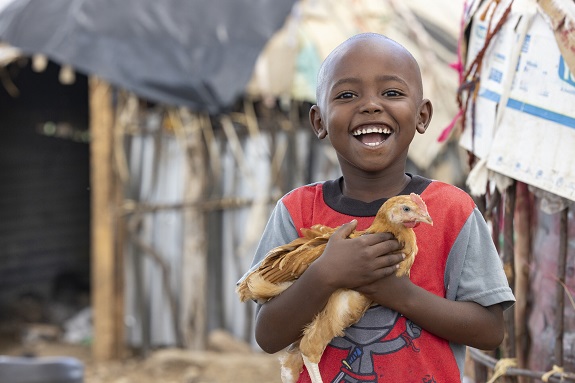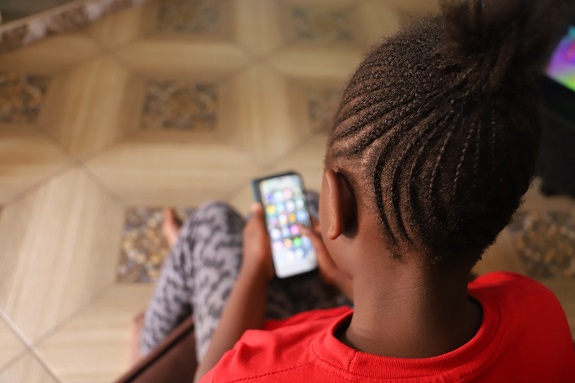Site will be
unavailable for maintenance from June. 4, 11:30 p.m., to June 5, 12:30 a.m. ET. Thank you for your
patience!
Hope includes you.
Sponsor Now
Hope includes you.
Sponsor Now
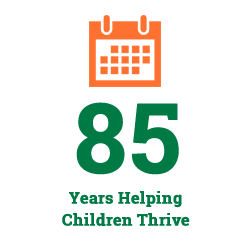
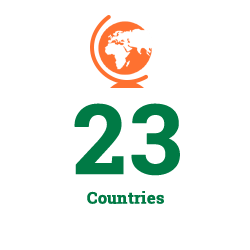
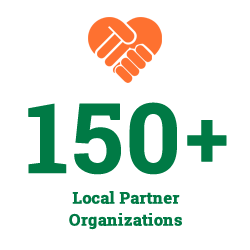
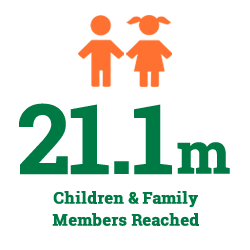
Featured Stories
Do you believe these 5 myths about online sexual abuse?

Online sexual exploitation and abuse of children is on the rise. How much do you know about this pervasive problem, and what can you do to protect children online? Read More...
Why work together so kids can grow up healthy, educated & safe?
Because we need each other.

